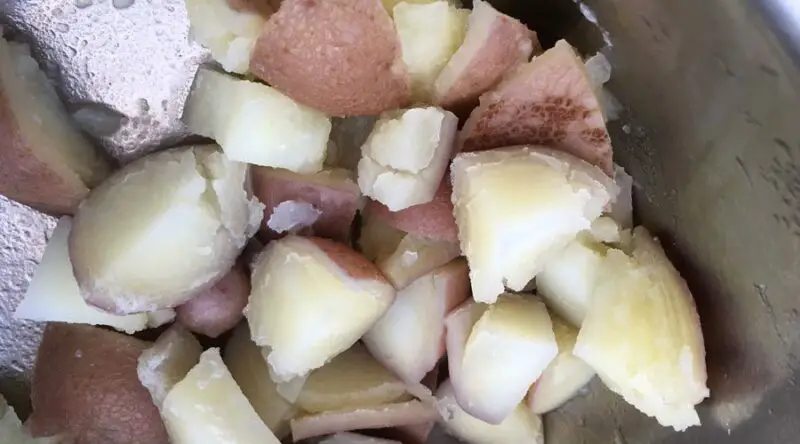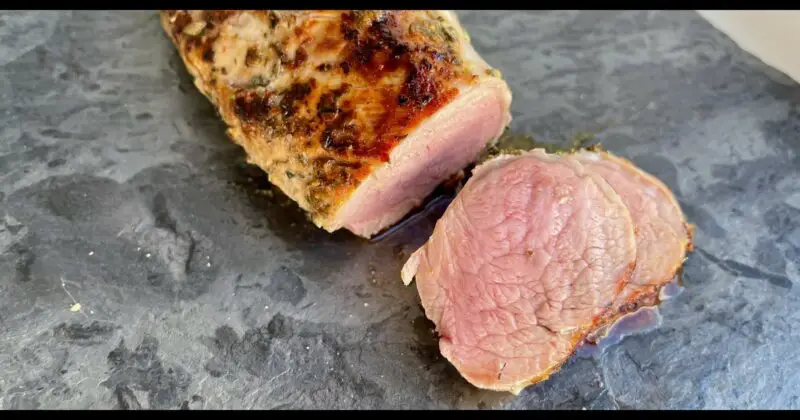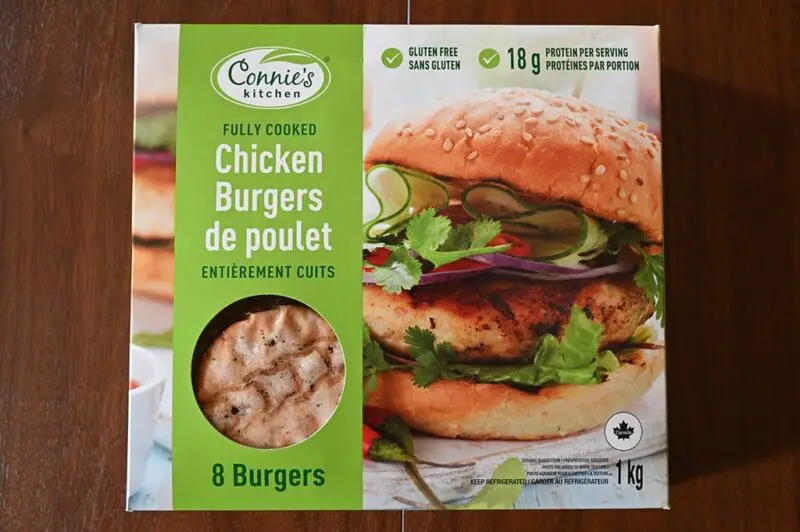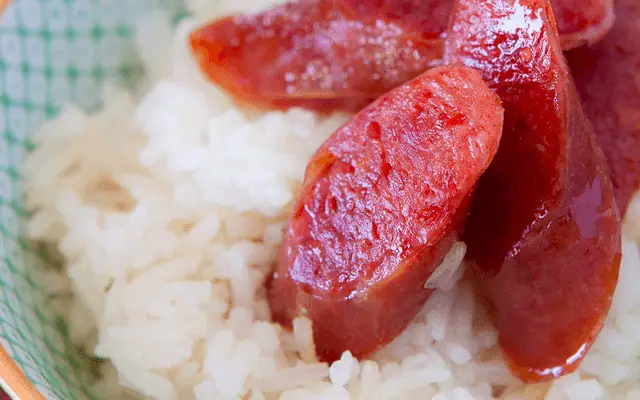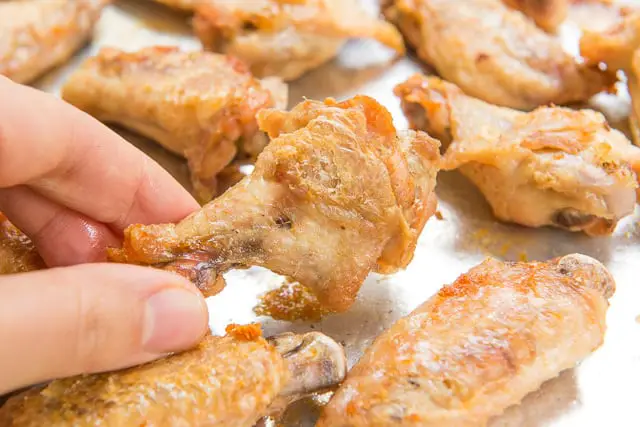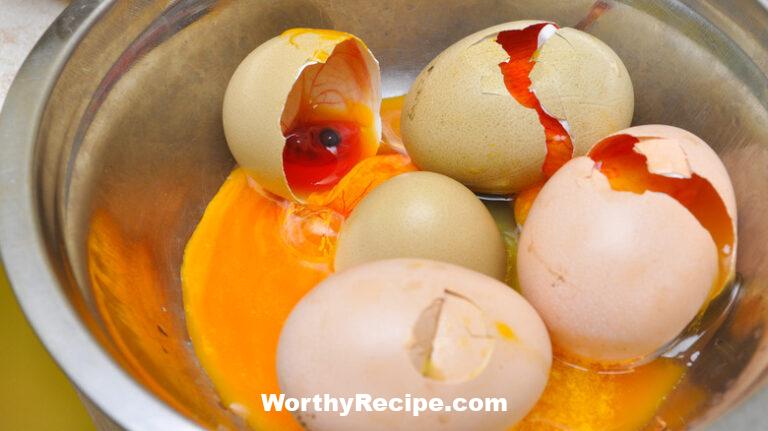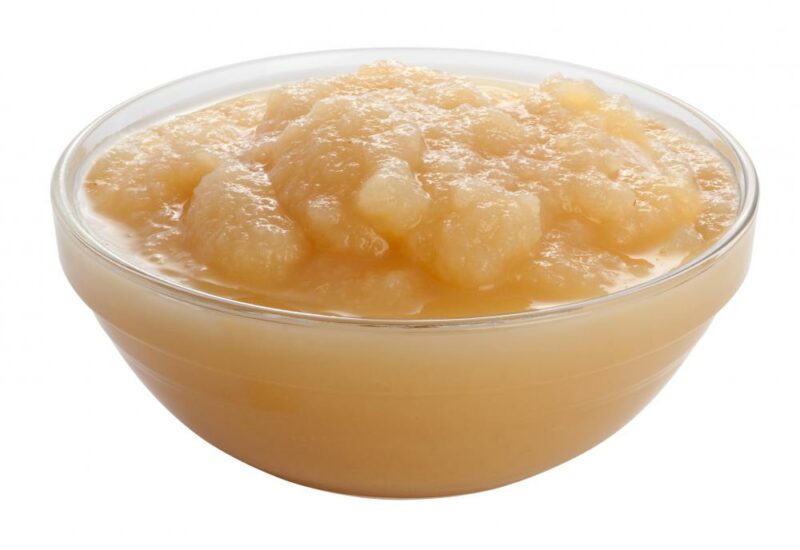Potatoes are a staple in most kitchens, especially when it comes to comfort food. Whether mashed, roasted or boiled, they add a touch of warmth and richness to any plate. However, if you’re one of those people who find yourself perplexed by the sight of your potatoes falling apart into tiny bits when boiled, don’t worry!
In this article, we’ll delve into the reasons why your potatoes fall apart when boiling so that you can finally get fluffy and perfectly cooked taters every time.
Problem Statement
Have you ever found yourself boiling potatoes only for them to fall apart during cooking? This is a common problem that is faced by many home cooks.
Boiling potatoes that fall apart can be a real issue, especially if you want to make mashed potatoes or use boiled potatoes in salads or casseroles.
Background Information
Potatoes pack an impressive nutritional punch and are an essential part of our diets.
This root vegetable is packed with vitamins and minerals such as potassium, vitamin C, vitamin B6, fiber, and iron. Additionally, there are many different types of potatoes available; russet potatoes have high-starch content while waxy potatoes like new potatoes have low starch content.
The history of potato cultivation can be traced back thousands of years in South America. Later Spanish explorers brought this crop to Europe where its popularity spread rapidly throughout the continent.
Why Potatoes fall apart when boiled
There is no one reason why boiled potatoes fall apart during cooking; rather several factors contribute to this problem:
1- Starch Content
The starch content plays a significant role in determining whether your potato will hold up during boiling or not. Russet (high starch) vs.waxy (low starch) potato varieties have been associated with more significant consistency issues when it comes to boiling.
When a high-starch potato is cooked extensively in water above their ideal boil temperature or overcooked beyond their desired doneness, the potato’s cells break apart, creating mashed potatoes.
2- Cooking Temperature
The cooking temperature also plays a crucial role in the consistency of boiled potatoes. If the temperature is too high, it can cause the potatoes to cook too quickly and break apart.
On the other hand, if the temperature is too low or slow-cooked, this can cause your potatoes to be mushy instead of breaking apart into small pieces. Using gentle heat throughout your boiling process will ensure that you get boiled potatoes with a consistent texture.
3- Water Level
The amount of water used for boiling also has an impact on whether your potatoes crumble during cooking or remain whole.
Generally speaking, for every pound (0.45 kg) of potatoes, use two quarts (1.9 liters) of water.It is vital to ensure that there is enough water covering the potatoes being cooked as a lack thereof could lead to uneven cooking and inconsistent results.
4- Age Of Potatoes
Freshness contributes a lot to whether your boiled Potatoes stay intact or fall apart when cooked; older potatoes with longer shelf life are more likely to fall apart quickly. Aged potatoes get soft much faster than newer ones and lose starch build-up over time, which could result in disintegration when introduced to hot water.
###5 – Altitude Altitude plays a significant role in boiling temperatures as air pressure at high altitudes contributes towards lower required boiling temperatures. This affects boil rates and requires extensive attention when cooking at higher elevations.
Tips for Preventing Potatoes from Falling Apart When Boiled
With these factors in mind let’s go into practical ways of preventing boiled potatos from falling apart during cooking:
- Choose The Right Type and Quality Of Potato: Low-starch or waxy varieties hold up better when boiled while high starch varieties like Russet tend to break down faster.
- Be Careful During Preparation: Make sure you carefully clean and peel your potatoes before boiling; if they are too small or have large holes, they may be more likely to crumble.
- Cook Them Right: Begin cooking with cold water and bring it to a slow boil that stays consistent throughout the cooking process. Do not overcook, and once done, drain immediately and let them cool.
- Cooling Techniques after Boiled: One of the proven ways of keeping boiled potatoes from falling apart is by leaving them to cool first or put in the fridge afterwards.
The Perfectly Cooked Boiled Potato
A perfectly boiled potato should be tender on the outside with a slightly firm center and without breaking apart. It should also be easily pierced but not mushy There are different levels of doneness for boiled potatoes depending on the intended use. For example, fork delicate potatoes work well as side dishes while firmer ones go best in salads.
Here is a simple recipe to make boiled potatoes correctly:
- Peel your desired number of potatoes.
- Cut evenly into smaller portions
- Boil water and lower the heat
- Put in your cut potatoes
- Allow boiling for fifteen (15) minutes.
- Use a fork or knife to check at intervals- so you can ensure doneness without overcooking
- Drain excess water when satisfied with softness keeping only enough water to keep humidity 8- Cool in running tap water
Boiling Potatoes isn’t complicated as long as you keep flavor preference and texture goals in mind which play a significant role in preserving the integrity of your cooked vegetable.
In Conclusion,
Efficient potato boiling starts with selecting the proper type & quality with attention to the boil process and optimal techniques for keeping them at their best depending on what one plans to serve them with.
By following these tips and using simple recipes, you can avoid dealing with boiled potatoes that fall apart and instead enjoy tasty boiled potatoes for any desired recipe without stress.
